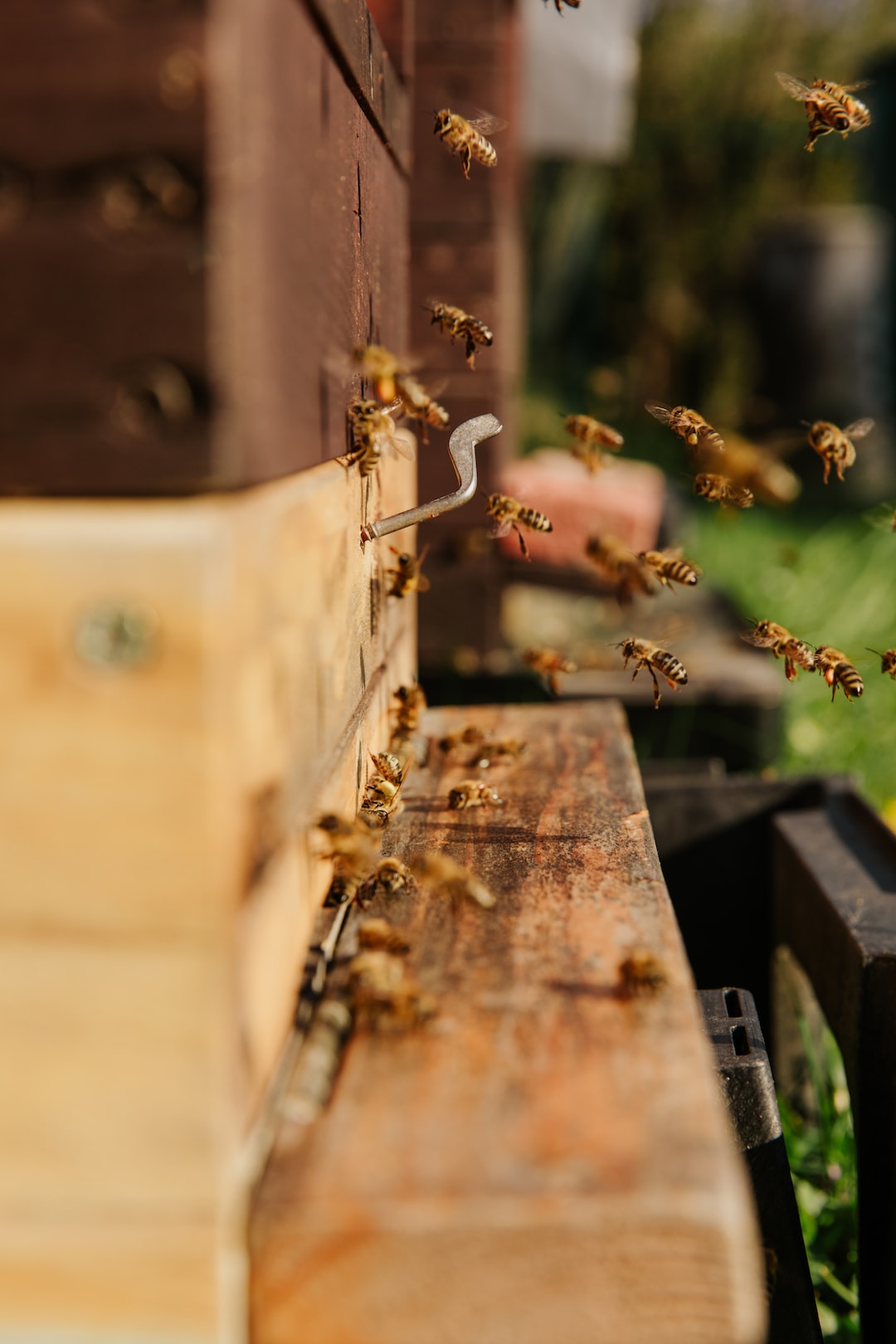Gardening has long been known to offer physical benefits to those who engage in its practice, from providing fresh, healthy food to increasing fitness and reducing stress. However, recent studies have shown that gardening offers immense benefits not only for physical health but also for mental well-being. The act of nurturing plants and cultivating a garden has been shown to have numerous positive effects on stress levels, mood, and overall mental health.
One of the primary benefits of gardening is the ability to reduce stress and anxiety. Working in the garden requires focus and attention, which can help distract from stress and anxiety-inducing thoughts. Additionally, research has shown that engaging in physical activity like gardening triggers the release of endorphins, which can lift mood and reduce stress levels. Thus, gardening can be an effective way to manage stress and anxiety, even in those who struggle with chronic illness or mental health disorders.
Gardening also offers an opportunity for mindfulness and connection with nature. The practice of paying attention to each plant’s needs, providing the right amount of water, sunlight and nutrients help to train the mind to focus on the present moment; this leads to a meditative like experience. Moreover, connecting with nature has shown to have a calming effect on the mind. Engaging in gardening can help individuals achieve a sense of peace and deep relaxation that can benefit both physical and mental health.
Gardening has also been shown to combat depression and improve self-esteem. Studies have found that individuals who engage in gardening activities have lower rates of depression and loneliness. Gardening provides a sense of purpose, produces feelings of accomplishment, and encourages engagement with the outside world, allowing individuals to feel connected to something larger than themselves. Additionally, gardens provide a sense of beauty and aesthetic pleasure that can enrich an individual’s life and increase self-confidence.
Furthermore, gardening can be a great way to connect with others. Community gardens, for example, offer a chance to collaborate with others on gardening projects, build a sense of community, and provides an opportunity for socialization for those who might otherwise feel isolated. Even those who garden alone can connect with like-minded individuals through gardening forums, social media, or by simply striking up a conversation with fellow gardeners at farmers’ markets or garden centres.
In conclusion, gardening is an amazing way to improve overall wellbeing, bringing the added benefit of providing physical activity and exposure to nature. Whether working in a community garden, cultivating a window box, or caring for a full-sized garden, the act of gardening has been shown to offer immense benefits for mental health. These benefits include reduced stress, increased mindfulness, combatting depression, improving self-esteem, and encouraging social connections. Gardening, therefore, should be seen not only as a hobby but also as a valuable tool to maintaining good mental health.
